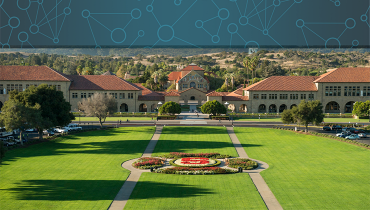The Flexible Work Committee designed a framework that includes a variety of tools and resources to foster consistency in how flexible work decisions are made at the school/unit level. Ultimately, school/unit leaders set the parameters based on organizational goals, expectations and desired culture, and managers have the critical role of synthesizing the school/unit direction with the requirements for work performed in their area, as well as with employee needs/preferences. While having flexible work arrangements is a goal, it may not be possible to meet each employee’s individual expectations. With a unified framework we strive for equity in the process for determining work flexibility; outcomes may differ.
There are many implications and complex issues to address with flexible work, which will take time, experimentation, ongoing iteration and feedback. In this period of continued ambiguity, it is important that we continue to practice creativity and patience, especially as some answers will take longer than others. As always, you are welcome to submit your ideas and feedback to the Flexible Work project team.




